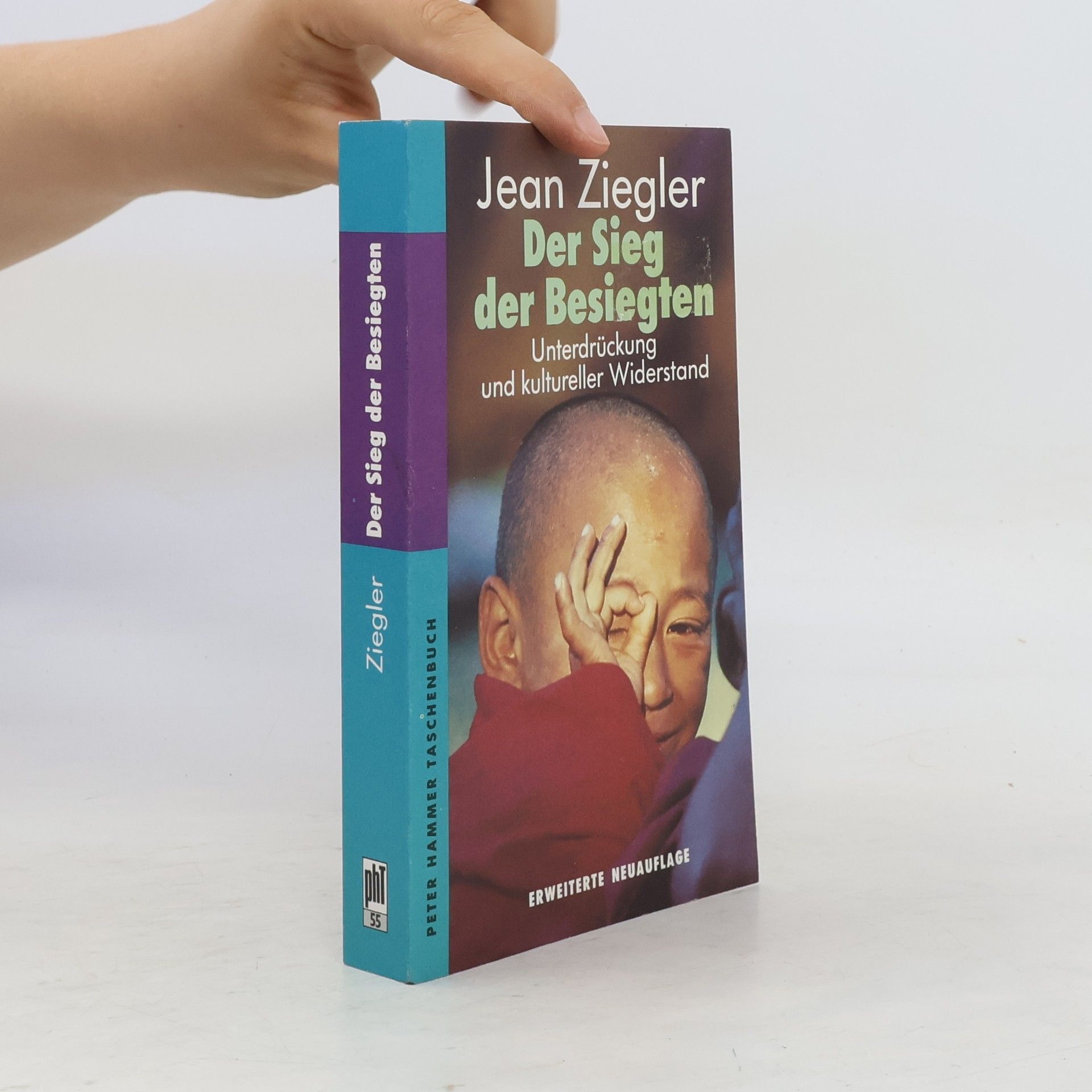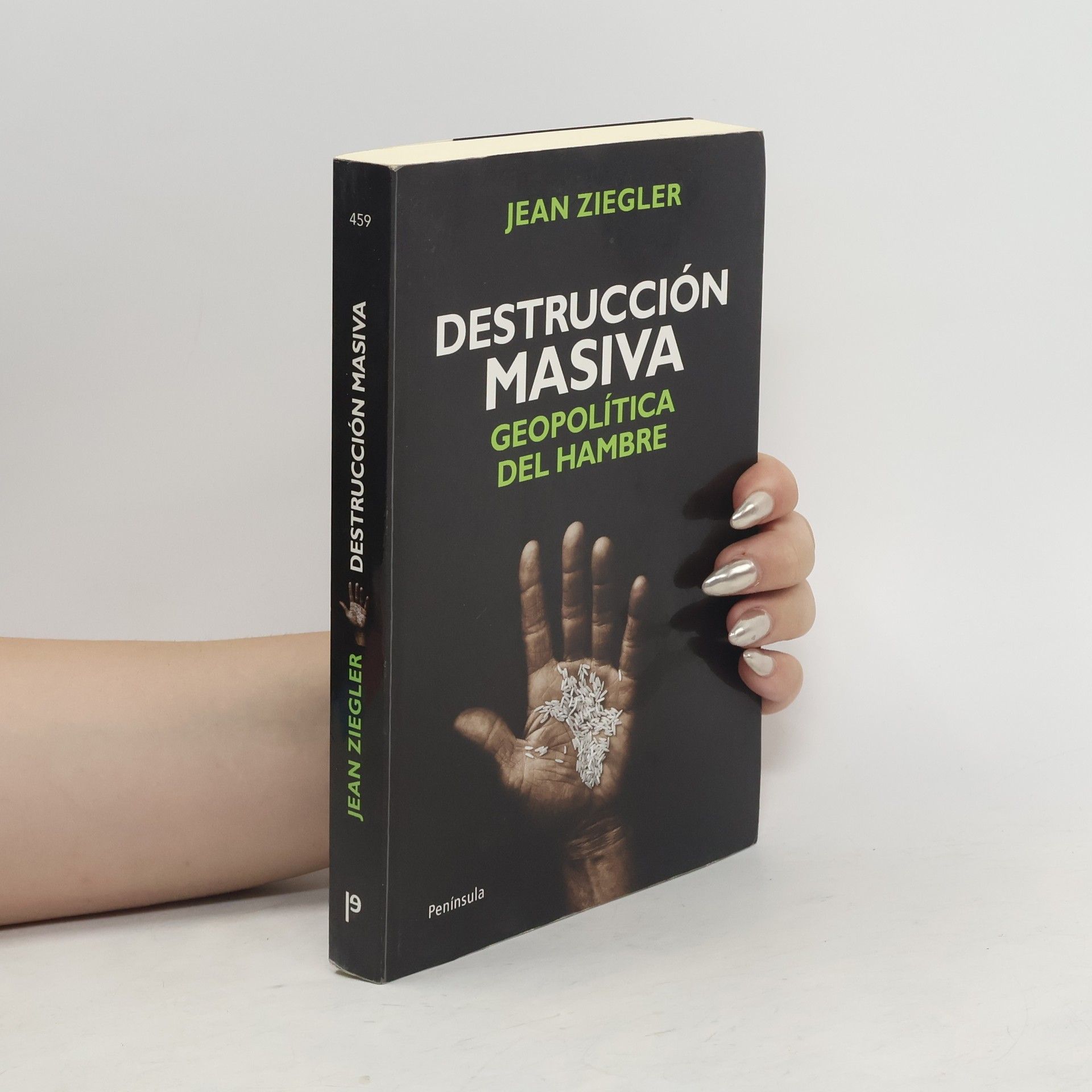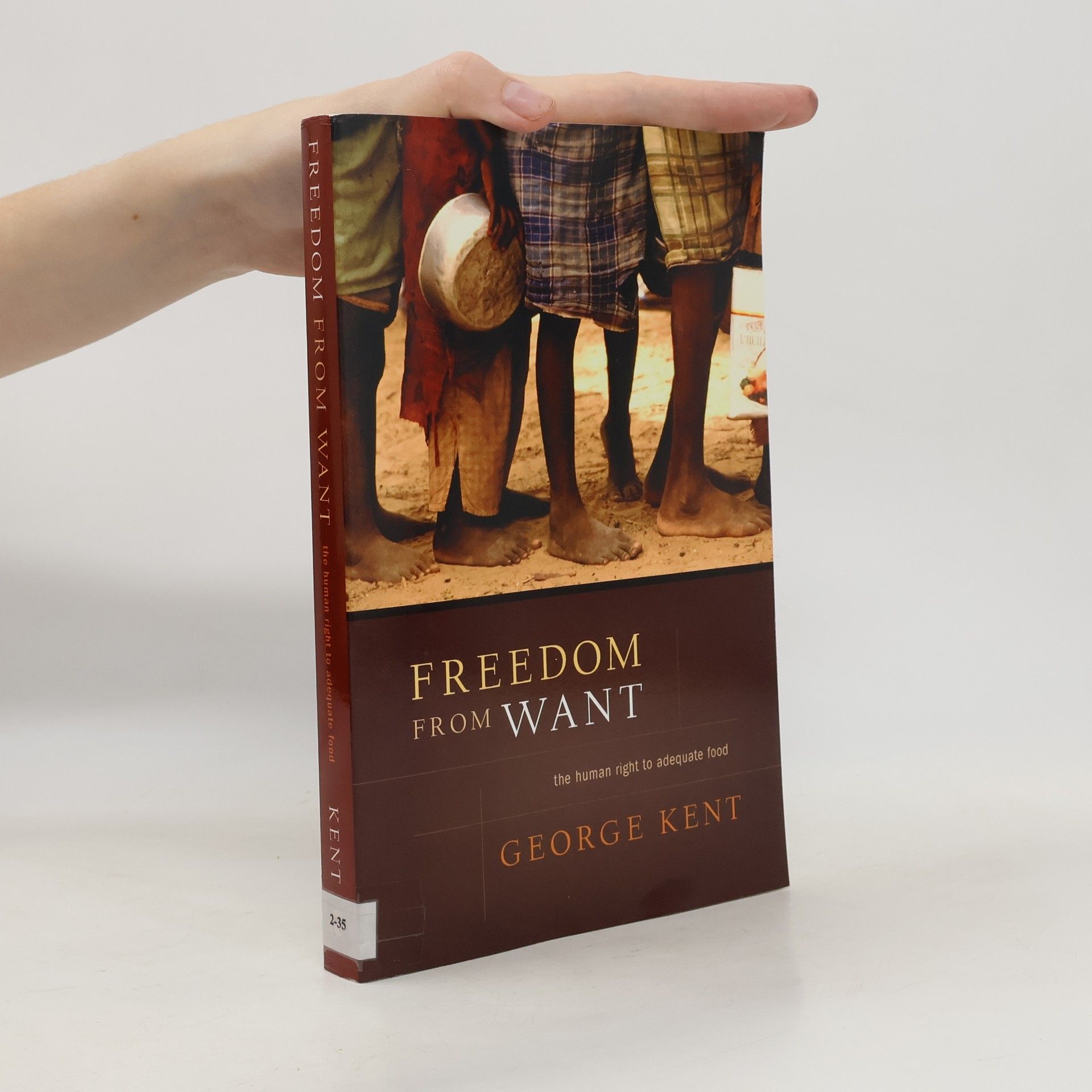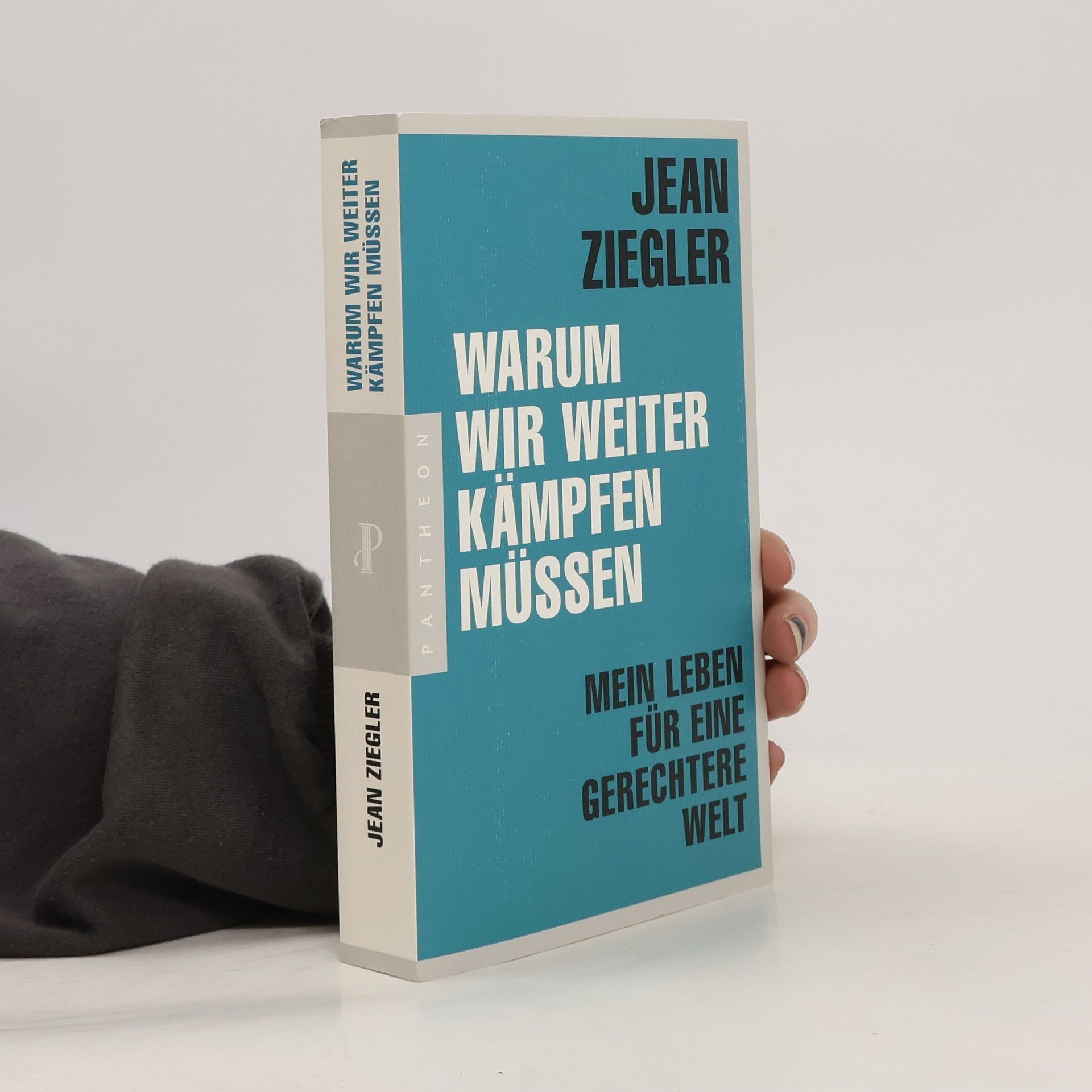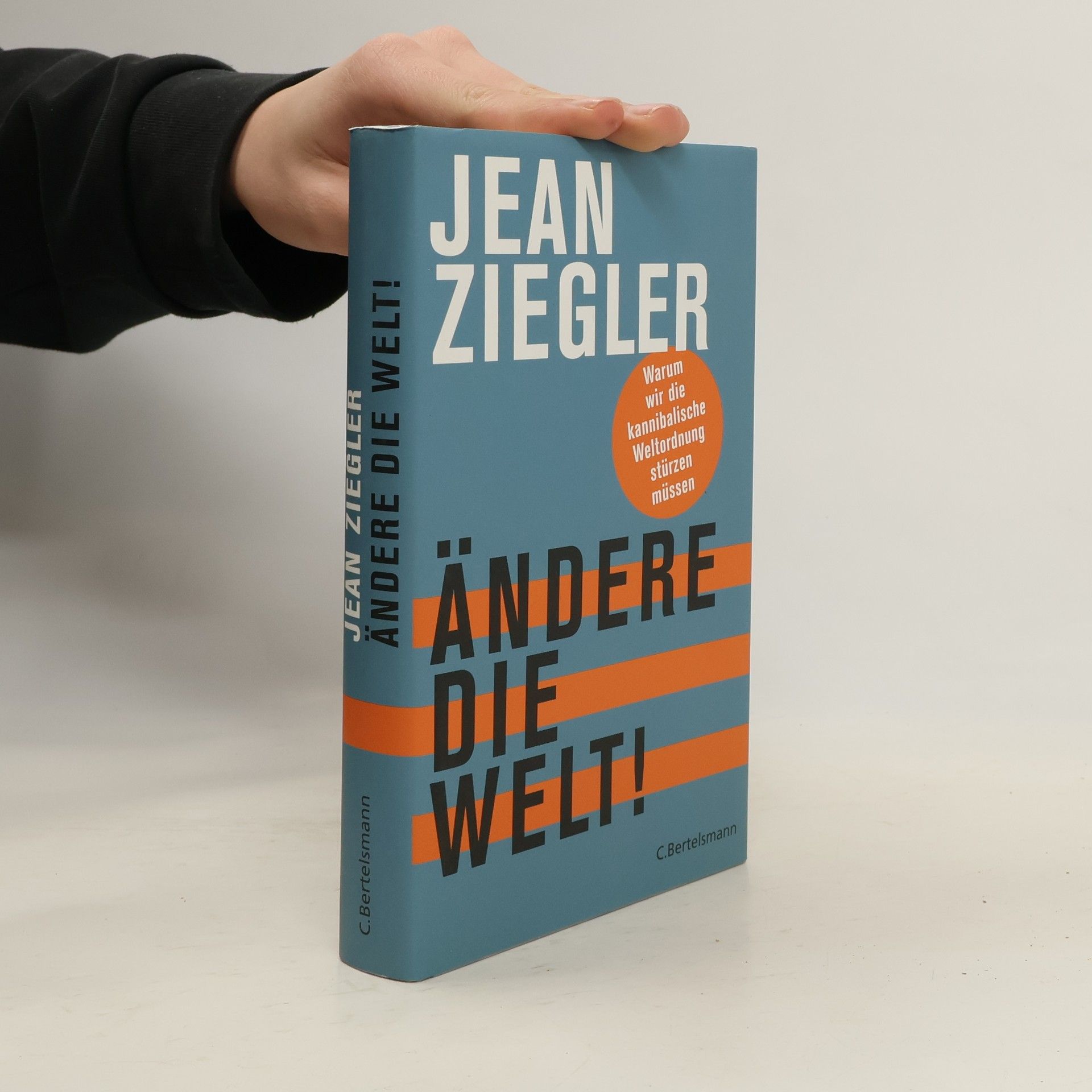Kapitalizm tłumaczony mojej wnuczce
- 114 pages
- 4 hours of reading
Jean, czy obalenie kapitalizmu nie jest utopią? Czy nie moglibyśmy raczej ulepszyć go i poprawić? Nie, Zohro. Kapitalizm nie może być zreformowany. Trzeba go zniszczyć. Całkowicie, radykalnie tak, aby mógł powstać nowy światowy system społeczny i ekonomiczny. Czy wyobrażasz sobie, że rewolucjoniści francuscy z 1789 r. mogli zreformować przywileje społeczne dziedziczone przez szlachtę wywodzącą się z systemu feudalnego? Myślisz, że kolonializm i system niewolniczy mogły zostać ulepszone i dostosowane do wymogów najbardziej elementarnego poczucia sprawiedliwości dzięki kilku zmianom? Nie, Zohro. To, co jest konieczne, to, przed czym staje twoje pokolenie, to zniszczenie kapitalizmu i uwolnienie się od niego. Aby mógł się narodzić nowy, bardziej ludzki świat, przywileje i wszechwładza kapitalistów muszą zniknąć na śmietnisku dziejów, podobnie jak stało się kiedyś z przywilejami i wszechwładzą markizów. Żywimy pragnienie czegoś całkiem innego, utopii. Nasza utopia jest horyzontem wartości, do których powinniśmy dostosować nasze zachowania.


